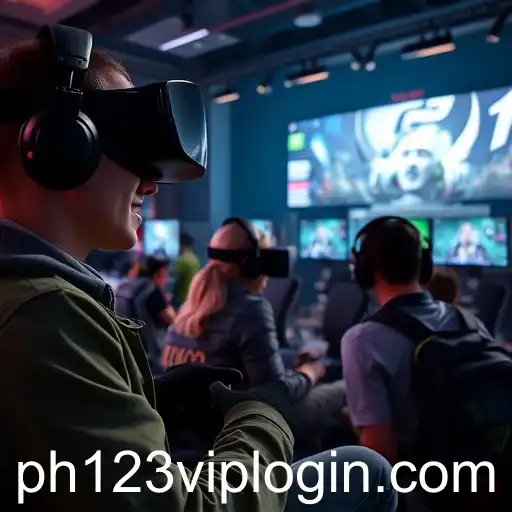Educational Games


The Rise of Educational Games: A New Frontier in Learning

In recent years, the field of education has witnessed a significant transformation with the rise of educational games. As technology becomes an integral part of daily life, educators and developers are leveraging its potential to create interactive and engaging learning experiences. Known for their innovative approach, educational games not only captivate the attention of players but also impart valuable knowledge and skills.
Educational games, often accessible through platforms categorized under keywords like 'ph123', have become a popular tool in classrooms and homes worldwide. They cover a vast array of subjects ranging from mathematics and science to history and languages, making learning a multi-faceted and enjoyable experience. By utilizing game mechanics such as points, levels, and rewards, these games enhance learners’ motivation, keeping them engaged while mastering new concepts.
One of the most significant advantages of educational games is their ability to cater to different learning styles. Visual learners benefit from vibrant graphics and animations, while auditory learners gain from sound effects and spoken instructions. Kinesthetic learners engage through interactive components that require physical interaction, such as dragging and dropping items or maneuvering characters through a series of challenges.
Moreover, educational games foster critical skills such as problem-solving, critical thinking, and strategic planning. For instance, math-oriented games often require players to solve equations to advance, teaching them to think on their feet and apply learned concepts in real-time scenarios. History games can immerse players in different eras, allowing them to experience and understand the complexities of past civilizations first-hand.
Despite the clear benefits, challenges remain. Educators must ensure that the game objectives align with curriculum standards and learning outcomes. Additionally, there is a need to balance screen time, ensuring that educational games complement traditional learning methods rather than replace them entirely.
Looking to the future, the potential for educational games is vast and exciting. With advances in technology such as artificial intelligence and virtual reality, games will become even more personalized and immersive. These technologies can adapt to individual learner's pace and preferences, providing a customized educational experience that holds the promise of significant advancement in learning efficacy.
In conclusion, educational games are reshaping the landscape of learning. By merging education with entertainment, they hold the promise of overcoming educational challenges and making learning a fun, enjoyable, and rewarding experience for all ages.
The Rise of Online Gaming in 2025
Exploring the evolving landscape of online gaming and its impact on global culture.
Gaming Trends Shaping the Future
Exploring the latest trends in the gaming industry with a focus on the growing role of online platforms and technology.
Rising Trends in Online Gaming: A 2025 Perspective
Explore the transformative shifts in the online gaming industry as virtual reality and new technologies reshape player experiences, highlighting key trends and dynamics of 2025.
 Skip to content
Skip to content




